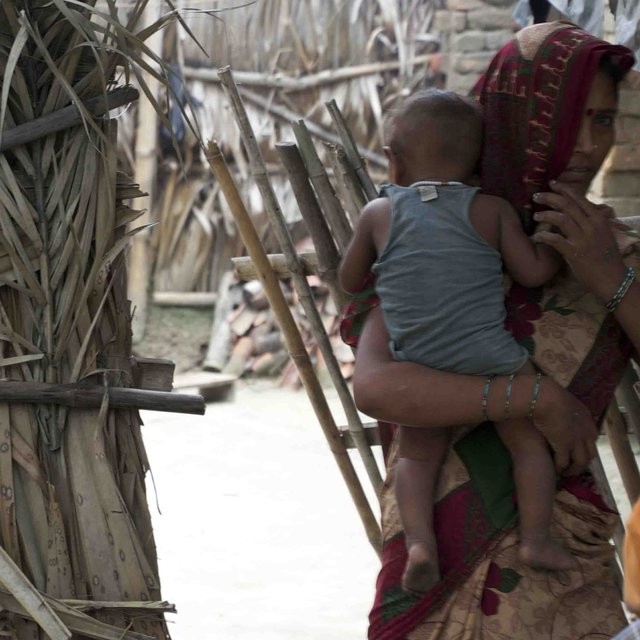What went wrong?
Sometimes, things don't go exactly as planned.
Together with partners, we aim to make extraordinary things happen so that children can survive and thrive, today and in the future. We support innovative ideas with ambitious goals to deliver urgent and lasting change. Crucially, we want to share knowledge about what does and does not work.
We all understand that sometimes things go wrong. Indeed, as a philanthropy supporting bold ideas to seemingly intractable challenges for children, we expect sometimes to fail. Below we will share and update some of our disappointments and what we’re learning from them.
In 2010, we began a five year grant in Bihar, one of India’s largest states, to reduce childhood deaths from diarrhoea. The project aimed to demonstrate that treatment with zinc and oral rehydration salts (ORS) could be scaled up by government institutions.
Our goals were:
- to prevent at least 4,200 child deaths
- to treat at least 3.2 million cases of paediatric diarrhoea
- to have a successful government-led approach to treating diarrhoea that would be copied by other states in India.

What we learned
The design of the programme focused on helping the Government to reach children in need with two specific treatments – zinc and ORS. We had not accounted for – or prepared sufficiently for – the system changes required for the effective public procurement and distribution of these commodities.
We also assumed that the anticipated improvements in quality of care in the public sector would draw customers away from the many private health providers across the state – which only happened to a very limited degree. While those children reached with treatment benefitted, the regular stock-outs failed many others.